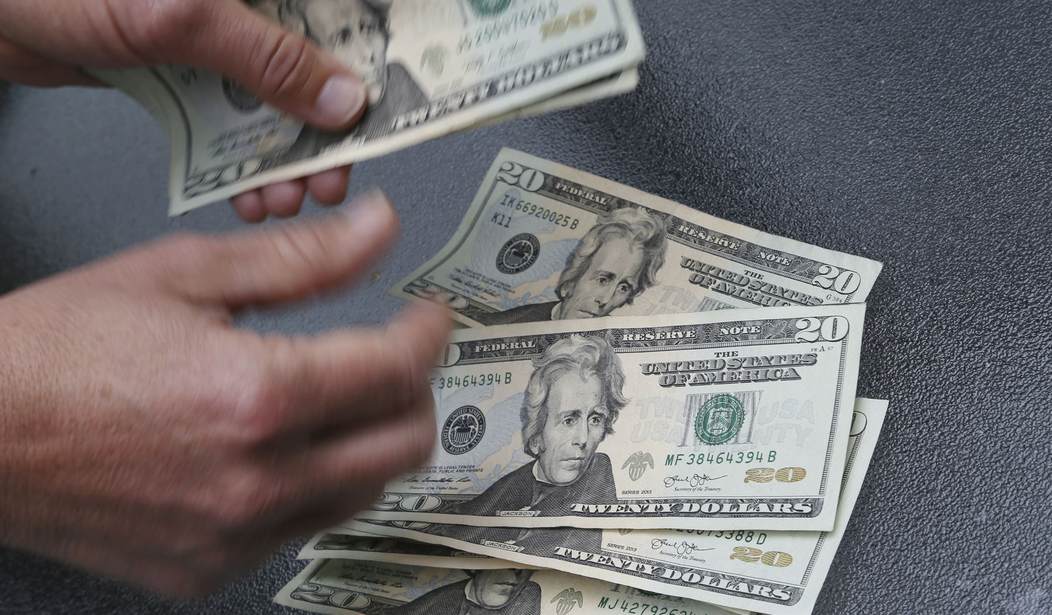How Americans feel about the rich depends above all on how envious they are.
For years, politicians on the Democratic side of the aisle have been doing almost everything they can to mobilize and harness envy against the rich. A new study now reveals what role envy plays in American politics. For envious people, the rich are scapegoats they can pin the blame on for all manner of crises. But for those who experience little or no envy, the rich are role models. This is one of the key findings of a survey of 1,084 Americans conducted by Ipsos MORI, as published in my book The Rich in Public Opinion.
Envy is not primarily driven by an aspiration to improve one’s own position, but by a desire to make life worse for the rich. Based on the answers to a series of envy-related questions, the study found that about half of Americans experience little or no envy, while one in five Americans is very envious.
The survey’s respondents were presented with a list of personality traits and asked, “Which, if any, of the following are most likely to apply to rich people?”
Their responses varied depending on how envious they are. For example, 60 percent of enviers but only 20 percent of non-enviers say that rich people are greedy.
Another of the study’s findings: Non-envious Americans commonly see rich people, and especially the self-made rich, as role models. Enviers, on the other hand, have a strong tendency to regard the rich as scapegoats, blaming the rich, who want more and more power, for many of the world’s problems, such as financial and humanitarian crises.
In general, a clear majority of enviers believe that although the rich are good at making money, they are generally not decent people. In contrast, non-envious Americans very rarely agree with this statement. This can be explained by the feelings of inferiority that enviers experience when they measure themselves against more successful people.
Recommended
Enviers seek to identify negative qualities (particularly those based on moral criteria) in the targets of their envy, thereby allowing the envier to maintain a sense of superiority.
The survey also reveals that envious Americans are particularly prone to zero-sum beliefs. Most enviers believe that the more the rich have, the less there is for the poor. A majority of envious people also believe that many rich people only obtained their wealth at the expense of others.
The envy survey was also conducted in Europe. One interesting finding is that the British and Americans have very similar attitudes toward the rich. Envy is strongest, however, in France, followed by Germany.
At the same time, the survey also reveals that younger Americans are far more critical of the rich than are older Americans. For example, 40 percent of Americans under the age of 30 say that the rich are not decent people and only 23 percent disagree. Among older Americans over the age of 60, the exact opposite is true: 50 percent reject the statement that the rich are not decent people and only 15 percent agree. Younger Americans are also far more likely than are older Americans to adhere to “zero-sum beliefs,” according to which rich people only got rich at the expense of poor people.
We will see what role envy has to play in a Democratic election campaign that has moved beyond Bernie Sanders and Elizabeth Warren. While appealing to envy can be a successful strategy among younger Americans, it is likely to alienate large swathes of voters who do not have such negative attitudes toward the rich. One thing is certain: the percentage of Americans who are receptive to slogans of envy is certainly less than many left-wing Democrats would like to believe.
























Join the conversation as a VIP Member